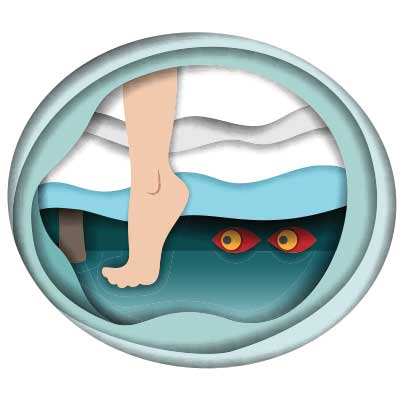
Budgeting can seem like an ongoing battle. Here’s how to attack the budget beast with these simple steps:

When laying out a budgeting action plan, prioritizing may be one of the most important first steps. Figure out what your needs and wants are for the allotted amount of time and logically view your resources. Deciding where to focus your spending and saving is imperative.
“Knowing why you are doing something can make it easier to follow through,” says DeDe Jones, a Certified Financial Planner and Managing Director of Innovative Financial, LLC in Lakewood, Colorado.
When handling one’s financial situations, it is important to discuss and evaluate what is needed. Many have trouble discerning between what is a need and what is a want. Determining these differences is very specific and personal, and should look different in every household.
To those that need help distinguishing the difference between needs and wants, a few examples are provided.
“My colleagues have all recently purchased the latest model vehicle, I must as well.” is a want.
Versus:
“My job is across town and too far to walk to efficiently. I must purchase a vehicle to get there.” is a need.
A WANT is something that can often be lived without and simply having the desire for something. The NEED for something is required because it is essential or truly important.
When it comes to finances these differences should be looked at very closely. Changes with these priorities should be made to budgets constantly to effectively influence lifestyles and spending habits.
Having a budget means organizing where your money is going, and planning what to do with every dollar you make and acquire. Having a plan reduces stress and creates a system of financial freedom for your personal needs.
Throughout your life, budgets may have already been created. However, life is constantly changing. Especially now with so many things up-ended in the world. Re-checking and going over budgets can be a great way to keep a hold on where your money is going, and where your expenses end up. A monthly examination of your budget is recommended. The chances of catching an unneeded expense is worth the time.
Seeing how your money is being spent regularly is healthy, and will help to upgrade your finance system to better fit your personal needs. And it will aid you in understanding how your money is getting spent and where to save.
When creating a budget, be sure to set aside an amount for “rainy days.” Life is full of surprises, and being prepared will assure you catch yourself. Most financial advisors recommend starting with the goal of creating a $1,000 rainy day fund. This can be achieved by setting a little money aside each month. Having a cushion like this will help bring peace of mind when something comes up that is outside of your budget plan. But remember, this money is set aside for emergencies and not wants.
Setting up a separate account for your “Rainy Day” fund is an easier way to organize your money and stay on budget. Be sure that your bank or credit union has a “no monthly service fee” savings account available, like they offer at Desert Rivers Credit Union. Watch out for savings accounts that require you to pay extra when it comes to setting them up. Dangers such as having a minimum balance, or a monthly transfer or direct deposit limitation attached to your savings account could charge you additional fees. This can get very confusing, so make sure you get a savings account that doesn’t require these extra costs. To open one of these types of accounts, click here.
So to summarize, I highly recommend you give these suggestions a try. I can guarantee you’ll sleep better knowing that the budget beast under the bed has left the premises!